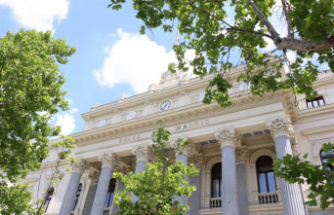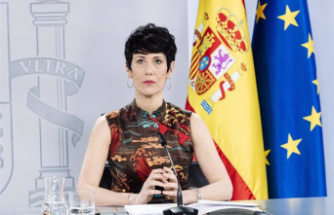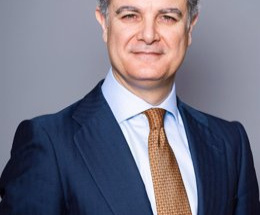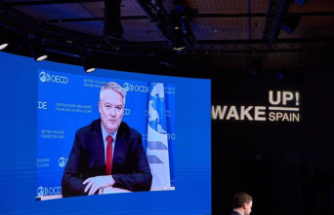Mention “special relationship” in connection with foreign affairs and most think of the bond between the United States and United Kingdom. But America has one with Japan as well. President Trump should shore it up during his visit Friday with Japanese Prime Minister Shinzo Abe.
After ill-considered comments during his campaign about Japan’s contribution to the military alliance and his suggestion that Japan and South Korea — another invaluable Asian ally — should consider developing nuclear weapons, a more normal diplomatic dynamic seems to have taken hold during the first weeks of Trump’s presidency.
Defense Secretary James Mattis’ successful trip to Tokyo and Seoul seemed to reassure nervous allies, which is particularly important because of rising regional tension over North Korea’s nuclear weapons program, which may extend beyond the region as Pyongyang prepares to test long-range missiles. China’s East and South China Sea claims have also rattled Japan and neighboring nations. Mattis’ clarity on the U.S.-Japan alliance as “a model of cost-sharing and burden-sharing” was welcome, along with his confirmation that the U.S. recognizes Japan’s claim to the Senkaku Islands. Trump should amplify these messages in his meetings with Abe.
Former President Barack Obama was right to recognize Asia’s geopolitical importance when his administration embarked on a “pivot” to the region. His strategic economic initiative, the Trans-Pacific Partnership (TPP), was a savvy diplomatic and economic approach that was wrongly rejected by Trump and Hillary Clinton as well as many congressional leaders. Trump’s move to officially withdraw the deal from congressional consideration plays right into China’s strengthening hand.
But given his campaign rhetoric, it’s unrealistic to expect Trump to reconsider TPP. He should be open to some ideas to narrow the trade gap between the U.S. and Japan that Abe is expected to bring to the summit, including infrastructure and high-speed rail investment possibilities.
For his part, Trump may suggest that Tokyo and Washington work toward a bilateral trade agreement. While this may ultimately be worth considering, it is likely a longer-term possibility, since other TPP signatories still must mull their future in a trade pact without the U.S. Abe, having already taken political risk to hammer out an accord, may need to mind the fallout from key constituencies at home.
Of more immediate concern is tone. Trump unnecessarily created tension with his awkward call to Australian Prime Minister Malcolm Turnbull and must avoid the same with Abe, a true friend to the U.S.
“Japan is not just a country over there in Asia with which we have a treaty; it’s a country that we have broadly come to see as defining who we are in the postwar order,” Sheila A. Smith, senior fellow for Japan studies at the Council on Foreign Relations, told an editorial writer. “It’s a partnership in today’s world in this really accelerated geostrategic moment that we shouldn’t take lightly.”
Our editors found this article on this site using Google and regenerated it for our readers.













